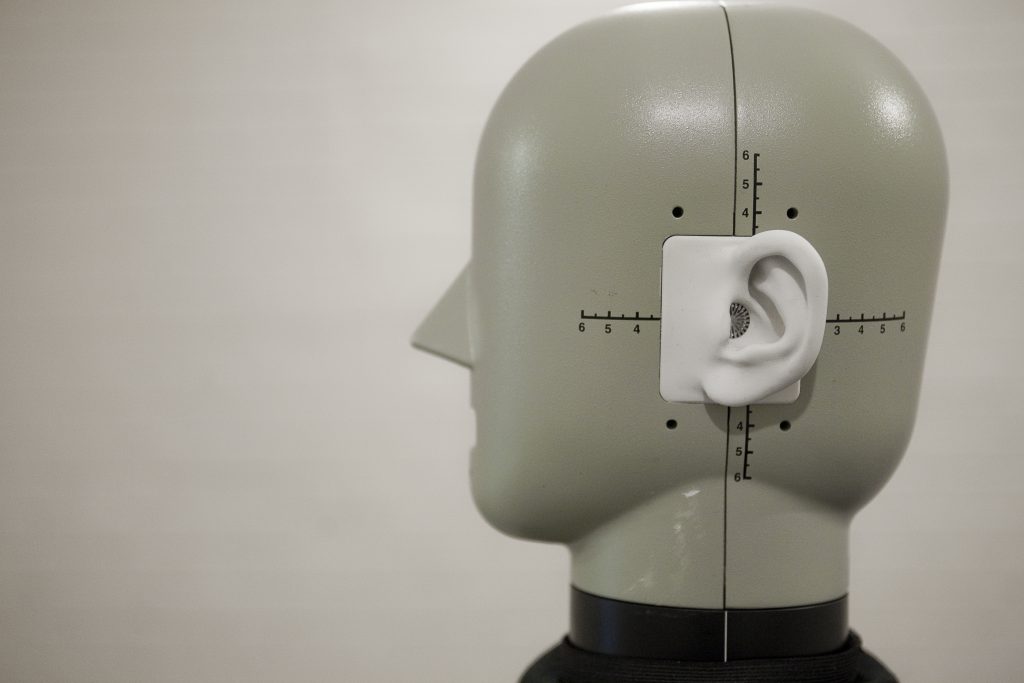Improving speech and music for people with a hearing loss
The Clarity and Cadenza projects are running machine learning challenges to improve speech and music for people with a hearing loss. The World Health Organisation estimates that by 2050 2.5 billion people will have some form of hearing loss, with at least 700 million of those requiring treatment. The main treatment for hearing loss are hearing aids, but picking out speech against background noise is still difficult in noisy places like pubs and restaurants. Music listening is also an issue, because hearing aid research has tended to focus on speech processing.
Audio signal processing is now being revolutionized by machine learning but research tends to overlook hearing difference. The aim of Cadenza and Clarity is to catalyse a cultural shift in the audio machine learning community so more research goes beyond normal hearing. After all, most people only have normal hearing for a short period in their lives. This is being done by running open machine learning challenges that for the first time consider hearing loss.
The projects are funded by EPSRC. The collaborating universities are Leeds, Sheffield, Nottingham and Cardiff. More detail of the challenges can be found on the project websites.


